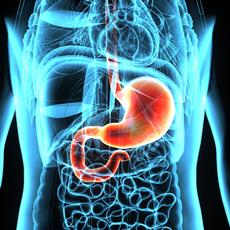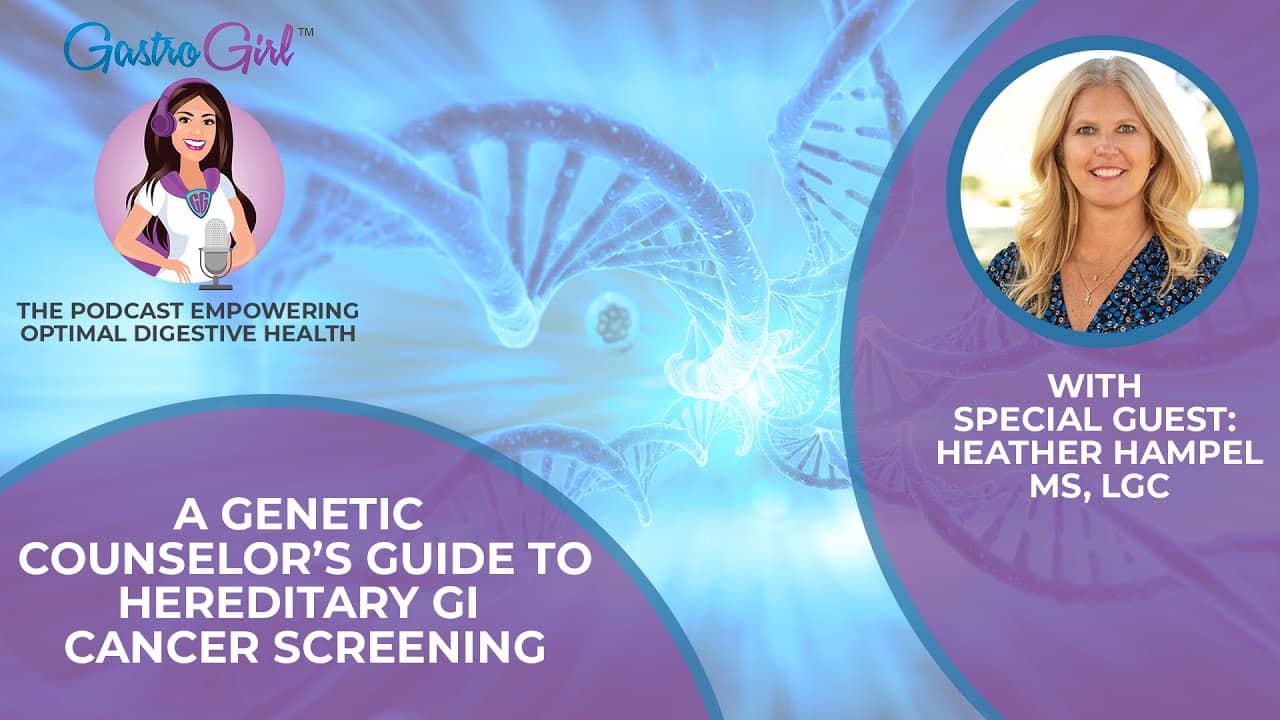
Gastric Cancer

Summary
The stomach is an organ between the esophagus and the small intestine. It mixes food with stomach acid and helps digest protein. Stomach cancer mostly affects older people – two-thirds of people who have it are over age 65. Your risk of getting it is also higher if you:
- Have had a Helicobacter pylori infection
- Have had stomach inflammation
- Are a man
- Eat lots of salted, smoked, or pickled foods
- Smoke cigarettes
- Have a family history of stomach cancer
It is hard to diagnose stomach cancer in its early stages. Indigestion and stomach discomfort can be symptoms of early cancer, but other problems can cause the same symptoms. In advanced cases, there may be blood in your stool, vomiting, unexplained weight loss, jaundice, or trouble swallowing. Doctors diagnose stomach cancer with a physical exam, blood and imaging tests, an endoscopy, and a biopsy.
Because it is often found late, it can be hard to treat stomach cancer. Treatment options include surgery, chemotherapy, radiation or a combination.
NIH: National Cancer Institute
Source: MedlinePlus, National Library of Medicine.
Information pulled from the Stomach Cancer page.
MedlinePlus brings together authoritative health information from the National Library of Medicine (NLM), the National Institutes of Health (NIH), and other government agencies and health-related organizations.
Stomach Cancer
American Academy of Family Physicians
What Is Stomach Cancer?
National Cancer Institute
What Is Stomach Cancer?
American Cancer Society
Stomach Cancer Diagnosis
National Cancer Institute
Stomach Cancer Screening
National Cancer Institute
Stomach Cancer Stages
National Cancer Institute
Tests for Stomach Cancer
American Cancer Society
Tumor Marker Tests
National Library of Medicine
Upper GI Endoscopy
National Institute of Diabetes and Digestive and Kidney Diseases
Upper GI Series
National Institute of Diabetes and Digestive and Kidney Diseases
Drugs Approved for Stomach (Gastric) Cancer
National Cancer Institute
Gastrectomy - series
Medical Encyclopedia
Stomach Cancer Treatment
National Cancer Institute
Stomach Cancer Treatment by Stage
National Cancer Institute
Surgery for Stomach Cancer
American Cancer Society
Listen to our
latest Podcast!






